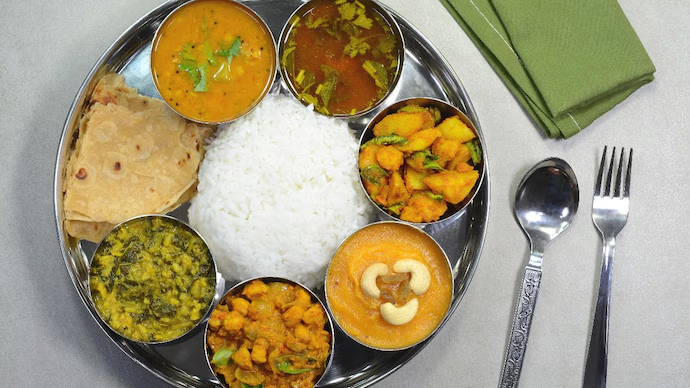Key Update
The ICMR–India Diabetes (ICMR-INDIAB) study, published in Nature Medicine, surveyed over 18,000 adults. It reveals that high-carb diets and low physical activity are replacing traditional diets and active lifestyles, driving a rise in metabolic disorders.
Widespread Risk Factors
Many adults are showing signs of metabolic health issues. Nearly one-third have high blood pressure, 9% were newly diagnosed with type 2 diabetes, and 41% have prediabetes. Obesity is widespread:
-
43% overweight
-
26% obese
-
36% with abdominal obesity. Half the participants show abnormal cholesterol levels.
Urban, Gender, and Regional Differences
Urban populations face higher risks due to inactivity and dietary habits. Women show higher rates of inactivity and obesity, while men have higher blood pressure and cholesterol problems. Northern India reports the highest obesity, and diabetes is most prevalent in the West.
Dietary Patterns Driving Risk
Low-quality carbs like white rice, refined wheat, and added sugar, combined with high saturated fat and low protein, increase metabolic risks. High-carb diets raised the risk of:
-
Type 2 diabetes (+30%)
-
Prediabetes (+20%)
-
General obesity (+22%)
-
Abdominal obesity (+15%)
Protein Offers Protection
Replacing some carbs with plant, dairy, egg, or fish protein reduces risk. Dairy protein helps prevent prediabetes, while egg protein protects against diabetes. Reducing total carbs and saturated fats while increasing protein intake is essential. Without action, widespread hypertension, obesity, diabetes, and cholesterol problems could trigger a surge in heart disease and stroke.
Call to Action
India’s metabolic health is at a tipping point. Increased activity, smarter diets, and protein-rich foods are critical. Immediate action is needed from policymakers, health professionals, and individuals.
 Food Manifest
Food Manifest 


















